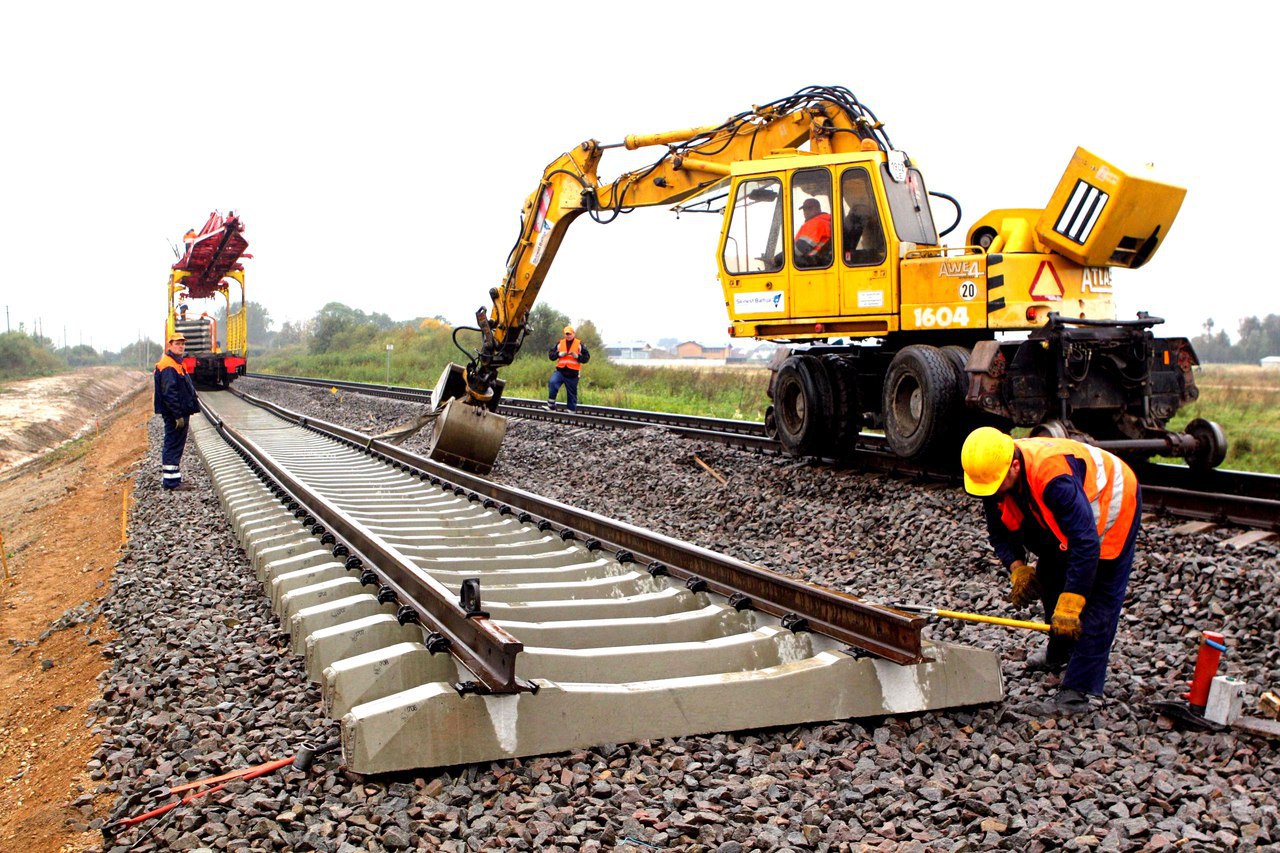The railway project connecting China to Uzbekistan via Kyrgyzstan has faced yet another delay in its commencement, raising questions about its feasibility and impact on regional trade routes.
.jpeg)
Discussions about constructing a railway from China through Kyrgyzstan to Uzbekistan have been ongoing since 1997. However, the project's launch, initially slated for this fall, has been postponed indefinitely.
The proposed China-Kyrgyzstan-Uzbekistan (CKU) railway has raised concerns, particularly in Kazakhstan, as it may divert a significant portion of cargo traffic away from the country. Currently, most railway freight from China to Europe is transported either via the Trans-Siberian Railway or through Kazakhstan along the Dostyk – Orenburg – Brest route.
"These two routes continue to operate to this day, even taking into account the increasing isolation of the Russian Federation. There is no alternative to them yet," reports state.
Kazakhstan benefits from customs duties collected for the passage of Chinese cargo through its territory, making the CKU railway an unwelcome prospect.
However, the CKU railway presents potential benefits to the countries directly involved. The Uzbek rail network connects to Turkmenistan, offering access to Iran and Turkey. This route reduces the distance for shipments from China to Europe by nearly 900 kilometers. Despite Kyrgyzstan's limited existing rail infrastructure (only 424 kilometers throughout the entire country), the construction of the CKU in Kyrgyzstan is seen as an opportunity to revive the railway industry.
For Kyrgyzstan, the CKU represents not only a railway but also a transshipment complex at the border, facilitating the transfer of goods between different rail gauges (European in China and Russian in Central Asia). This project could bring jobs and new infrastructure to the country.
Uzbekistan's burgeoning market has attracted significant interest from Chinese companies. Azerbaijan has also expressed its hopes for the CKU railway.

Last year, an agreement was signed in Samarkand among the participating countries for a trade and economic feasibility study of the CKU. The construction was initially scheduled to begin in the fall of 2023. In May of this year, the three participating countries signed an additional agreement in Xi'an, China, reaffirming the autumn start date. However, it was recently announced that the project's implementation has been delayed again, this time without a specified start date.
Kyrgyz Deputy Chairman of the Cabinet of Ministers, Adylbek Kasymaliev, stated,
"I cannot say the exact timing, since we are now looking for investors; work will begin as soon as investors are found."
The CKU railway is planned to be 454 kilometers long, with 268 kilometers traversing Kyrgyzstan. It will enter Kyrgyzstan through the Torugart Pass, pass through the Arpa Valley and the Makmal field, and connect to Kyrgyz Jalal-Abad, ultimately leading to Uzbekistan. Given Kyrgyzstan's mountainous terrain, the project requires 81 bridges and 41 tunnels. The estimated cost of constructing the entire CKU railway is approximately $4.7bn.
As of now, the participating countries have not reached an agreement on the financing of the CKU railway, contributing to the ongoing delays in its development.
Follow Daryo's official Instagram and Twitter pages to keep current on world news.
Comments (0)